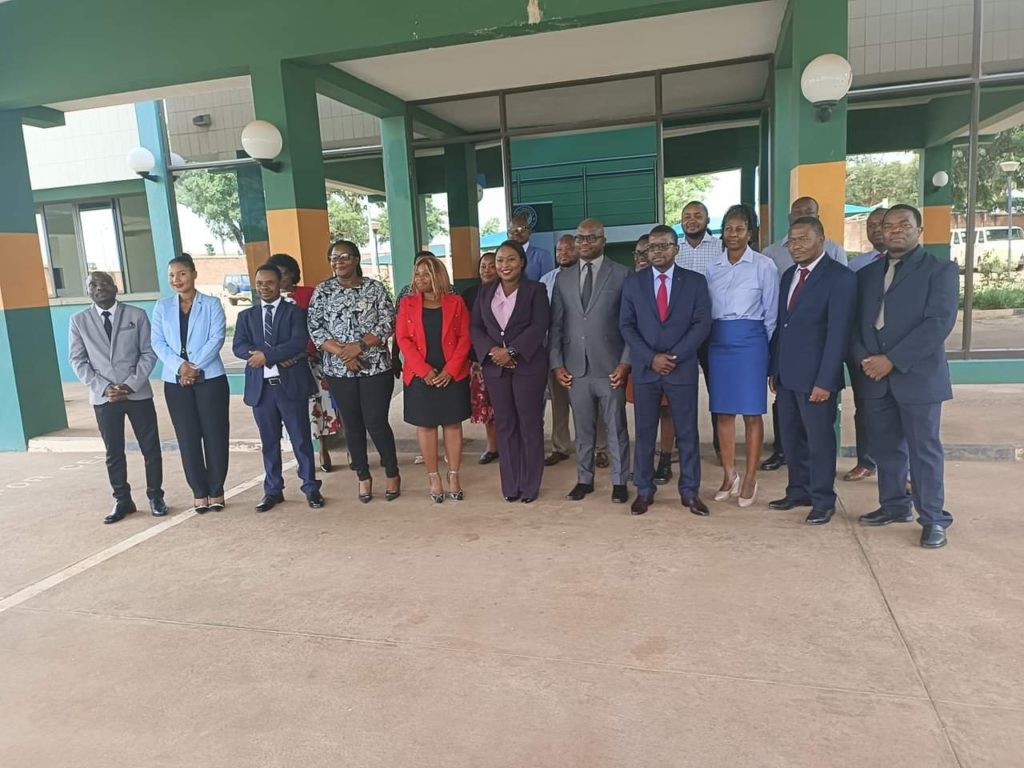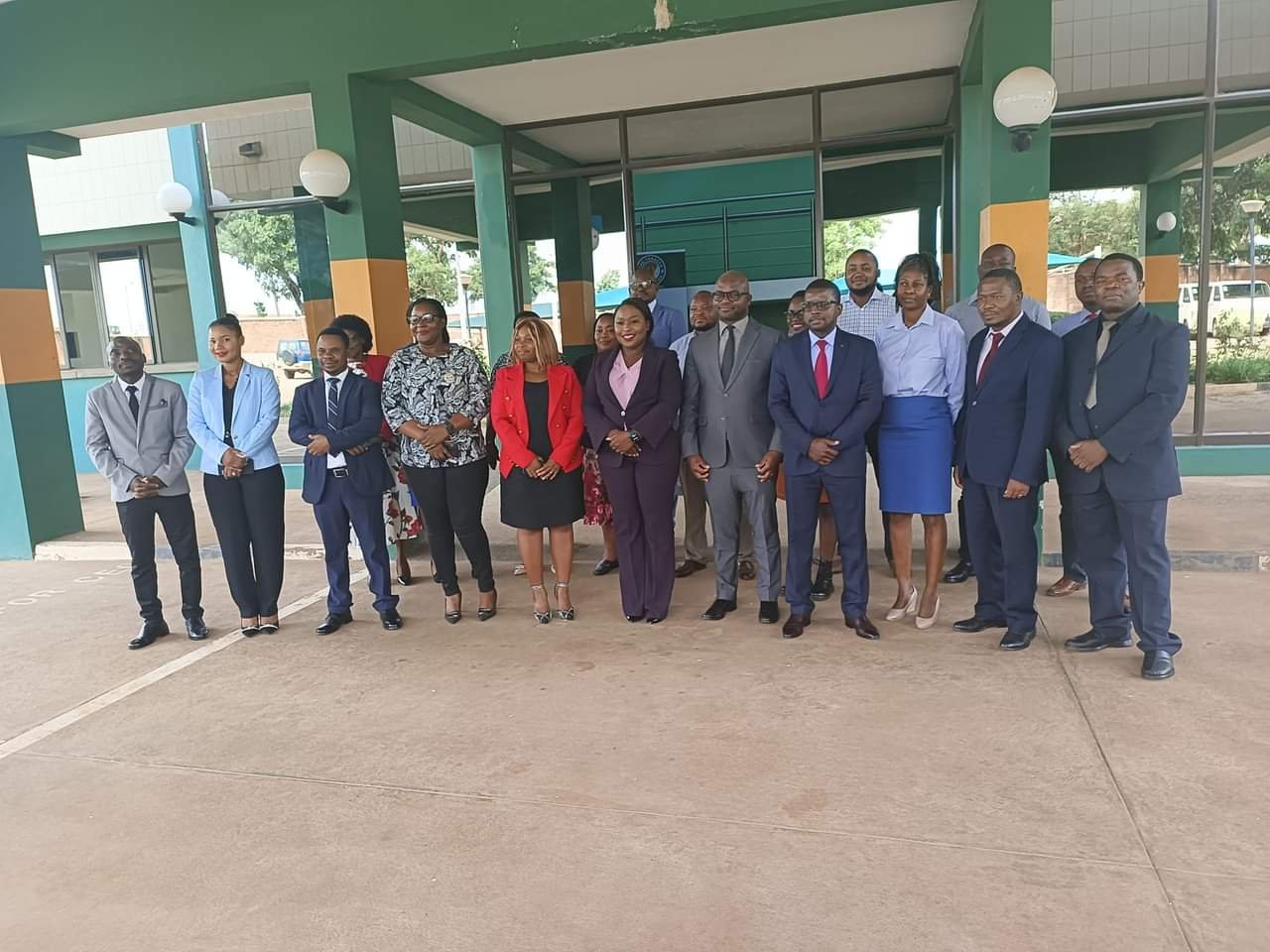by Robert Katuli
Acts of corruption can be reduced if citizens and civil society groups are encouraged to demand more accountability from public officials, a development which would ensure public resources are spent on activities beneficial to the public.
Chairperson of the Parliamentary Committee on Media, Information and Communications, Susan Dossi, said this on Thursday in Lilongwe at a workshop where Malawi Human Rights Commission (MHRC) was orienting Tobacco Commission management on Access to Information law.
“It is important for public institutions to share information with the public. We believe that transparency and accountability is key. If institutions are accountable and transparent to the public, they should be able to protect the public finances that institutions use,” said Dossi.

She added that the demand for information from public bodies by citizens has now increased, saying this is very important as it will minimise the spread of false and inaccurate information.
“We believe that when the public is well informed and it has the required information, then they would not go on social media and disseminate information which is wrong, something that they are just creating,” she said.
Dossi added that her committee would continue to exercise its mandate of ensuring that all public institutions are fully transparent and accountable to the people whom they govern by providing information requested by stakeholders.
She commended the Tobacco Commission for taking this step to invite MHRC to orient its (Tobacco Commission’s) staff on the Access to Information Act and Access to Information Regulations in accordance with Section 14 of the Access to Information Act.
Tobacco Commission Public Relations Officer Telephorus Chigwenembe said the company realised it is important to improve the way it makes information accessible to the public to ensure that the public is fully aware of what is happening in the industry.
He said: “We are a public institution and because of the nature of our business, we have a lot of interest from a lot of stakeholders within and outside the industry.
“Tobacco drives the economy, so a lot of people are interested in what happens in the tobacco industry.”
MHRC Civil and Political Rights Officer (Legal) Nancy Chiume said there are many gaps on the part of information holders that relate to understanding the processes and procedures on using this law in disseminating information.
Chiume, however, said there is some progress in some of the institutions that the access to Information law applies, especially on appointing information officers.
The Access to Information became law in 2017, but its implementation started in 2020. The law empowers citizens to obtain information held by public bodies.



